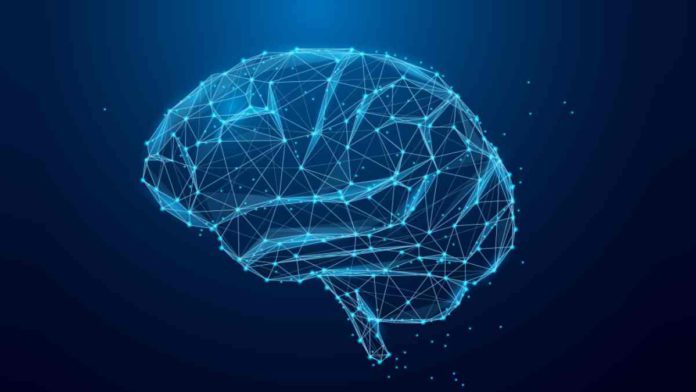Defense and the Office of National Intelligence (ONI) have together awarded a $600,000 grant for research on the fusion of artificial intelligence and human brain cells.
“The work merges the fields of artificial intelligence and synthetic biology to create programmable biological computing platforms,” said associate professor Adeel Razi from the university’s Turner Institute for Brain and Mental Health.
DishBrain, brain cells capable of playing the classic video game Pong, were developed by the research team, which is composed of Monash University and Cortical Labs. Thousands of thousands of living, lab-grown brain cells are trained to perform various activities, including playing Pong. Electrical activity in a multi-electrode array informs the cells when the paddle is striking the ball and provides feedback to the cells.
Read More: Vimeo Introduces AI-Powered Script Generator And Text-Based Video Editor
The goal of the DishBrain study is to comprehend the biological processes behind continuous learning. With the help of this grant from the National Intelligence and Security Discovery Research Agency, Razi stated, they will build better AI systems that mimic the learning capabilities of these biological neural networks.
In a publication from science journal Neuron, the researchers said that a synthetic biological intelligence that was previously confined to the area of science fiction will now be feasible.
The National Security Science and Technology Centre grant was awarded to the researchers, according to Razi, because a new kind of artificial intelligence that can learn throughout its lifetime was required now more than ever. According to him, such intelligence will assist machine learning for technologies such as autonomous drones, delivery robots, and self-driving automobiles.


